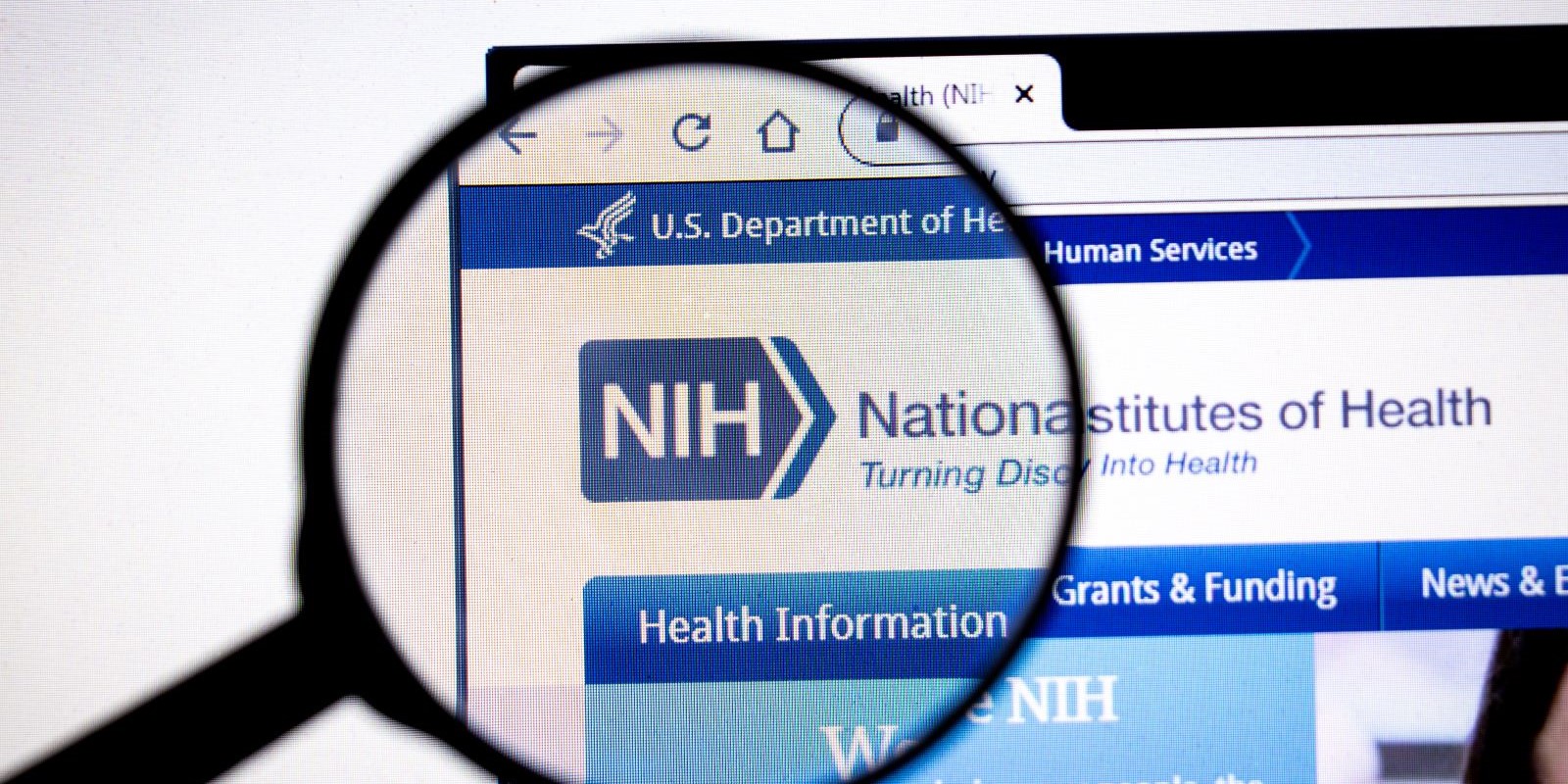Preparing for US Clinical Trials and Market Entry: HIPAA Compliance for UK MedTech

The Rise of Digital Healthcare and the Need for HIPAA
With the surge in digital healthcare solutions, MedTech companies are facing increased scrutiny and risks in relation to data privacy, security and compliance amid growing cybersecurity threats. Unauthorized access and data breaches put patient information at risk, making regulatory adherence an essential first step.
The Health Insurance Portability and Accountability Act (HIPAA) is a US federal law that establishes strict rules and requirements for safeguarding Protected Health Information (PHI), mandating security measures, risk assessments and breach notification protocols. According to the HIPAA Journal, over 85 million individuals were impacted by breaches in 2024 alone and, between 2018 and 2023, reports of large breaches rose by 102%.
In response to the changing cybersecurity landscape, the Department of Health and Human Services (HHS) has proposed amendments to the HIPAA Security Rule. These changes aim to strengthen protections for ePHI (Electronic Protected Health Information) while addressing gaps exposed by advancements in technology and the increasing sophistication of cyberattacks.
These incidents underscore the urgent need for strong safeguards to protect ePHI. Establishing early compliance is crucial for startups developing medical devices, digital health platforms and telehealth solutions, ensuring regulatory approval, market credibility and patient trust. For organizations defined as a covered entity or business associate by the HIPAA Security Rule, compliance with the Rule is mandatory for startups entering the US market.
While many UK MedTech companies ensure compliance with GDPR, this does not automatically equate to HIPAA compliance. For those operating in the US healthcare market, demonstrating HIPAA compliance is often a prerequisite—either directly or through a Business Associate Agreement (BAA). Given the significant risks associated with non-compliance, including substantial fines, prolonged regulatory investigations and potential criminal liability, achieving HIPAA compliance is not just advisable—it’s essential.
However, HIPAA compliance alone may not be enough to satisfy US healthcare organizations. While it signals that a UK MedTech company has taken necessary steps to meet regulatory requirements, it does not inherently convey a strong security posture. Increasingly, US partners look for additional assurances—most notably, HITRUST certification—as a benchmark for robust data protection and risk management.
Who Must Comply with HIPAA?
HIPAA introduced a set of consistent national standards for protecting sensitive patient health information ensuring that patient health details aren’t shared without express permission.
Covered entities who need to be compliant are:
- Healthcare providers: This includes physicians, dentists, pharmacists, nurses, hospitals, clinics, nursing homes and other healthcare providers that deliver or administer medical care.
- Health insurance plans: These are organizations that offer health insurance coverage, such as HMOs (Health Maintenance Organization), PPOs (Preferred Provider Organization), Medicare/Medicaid programs and employer-sponsored health plans.
- Healthcare clearinghouses: These entities process nonstandard PHI into a standard format for electronic transmission, often serving as an intermediary between payers (insurance companies) and providers.
Medtech companies setting up in the US for clinical trials often handle personal data during clinical trials for their technology or devices. Because of this, they need to consider whether the HIPAA guidelines are applicable to their specific situation and the data being collected. No compliance or errors may represent an existential risk to the future of the business.
The three main HIPAA rules regarding PHI in the US are:
- The Privacy Rule (Part 164 Subparts A and E): Protects the privacy of your health information and gives you control over how it’s used and shared. You can also get a copy of your health records.
- The Security Rule (Part 164 Subparts A and C): Establishes national standards for the security measures covered entities must take to protect electronic health information they create, receive, use or maintain.
- The Breach Notification Rule (Part 164 Subpart D): This rule requires covered entities and their business associates to provide notification if there is a breach of unsecured protected health information.
Do you need HIPAA if you are GDPR compliant?
While both HIPAA in the US and GDPR in the UK and Europe focus on protecting personal data, they have different requirements and scopes depending on where the clinical trial is conducted and where the ePHI is created, received maintained and transmitted. In the US, sponsors of medical device clinical trials must comply with the HIPAA Rules (Privacy, Security, Breach Notification). This rule protects health information that could identify individuals while ensuring researchers can access necessary data, sometimes without individual authorization if approved by an IRB or Privacy Board. US regulations on personal data in clinical trials also include HHS and FDA’s Protection of Human Subjects Regulations. GDPR applies broadly to all personal data processing in the EU, while HIPAA specifically targets health information in the US healthcare sector. Compliance with one does not automatically ensure compliance with the other, so organizations must understand and comply with the distinct requirements of each regulation.
The Critical Role of HIPAA Compliance in US Clinical Trials
For MedTech companies conducting clinical trials or seeking to trade in the US, HIPAA compliance is not merely an administrative obligation but a fundamental legal and regulatory aspect of their operations. Ensuring the protection of PHI through stringent adherence to the HIPAA framework is essential for maintaining participant trust and collaboration among researchers and healthcare providers.
Protection of Patient Privacy: MedTech companies must ensure that any patient data collected during clinical trials is handled in compliance with these standards to protect participants’ privacy and maintain their trust.
- Regulatory Compliance: Compliance with HIPAA is mandatory for any entity handling PHI, including MedTech companies involved in clinical trials. Non-compliance can result in significant fines and legal repercussions, which can be detrimental to the company’s reputation, financial stability and US market entry.
- Data Security: HIPAA’s Security Rule mandates administrative, physical and technical safeguards to ensure the confidentiality, integrity and availability of ePHI. This is particularly important for MedTech companies that often deal with large volumes of sensitive data. Administrative safeguards include policies for security management, workforce training and incident response. Physical safeguards involve controlling access to facilities and securing workstations and devices. Technical safeguards encompass access controls, audit mechanisms, integrity protections, authentication procedures and transmission security measures. These safeguards are essential for MedTech companies to protect sensitive patient data and comply with HIPAA regulations.
- Ethical Standards: Adhering to HIPAA regulations aligns with ethical standards in clinical research. It ensures that participants’ health information is used responsibly and only for the purposes they have consented to, fostering ethical research practices.
- Institutional Review Board (IRB) Requirements: Clinical trials often require approval from an IRB, which reviews the study’s compliance with ethical standards, including HIPAA regulations. Ensuring HIPAA compliance can facilitate smoother IRB approvals and ongoing oversight.
- Public Trust and Credibility: Demonstrating a commitment to HIPAA compliance can enhance a MedTech company’s credibility and trustworthiness in the eyes of the public, regulatory bodies and potential partners. This can be a significant advantage in a competitive industry.
- Facilitating Data Sharing and Collaboration: HIPAA provides a framework for the secure sharing of PHI among researchers, healthcare providers and other stakeholders. These rules facilitate data sharing by requiring explicit patient consent for disclosures, allowing the use of limited data sets for research, and promoting interoperability among health information systems. This secure sharing framework is crucial for collaboration and data sharing, which are essential for the success of clinical trials and other healthcare initiatives.
Conclusion
HIPAA has played a pivotal role in modernizing the healthcare industry, ensuring the protection of patient data and fostering trust in the healthcare system. For MedTech companies, compliance with HIPAA is not just about meeting regulatory requirements but about upholding the highest standards of privacy, security and ethical conduct. As the digital landscape continues to evolve, staying vigilant and proactive in HIPAA compliance will be crucial for the success and integrity of clinical trials.
If your MedTech company is preparing for US clinical trials or market entry, now is the time to prioritize HIPAA compliance. Ensure your operations are aligned with HIPAA standards to protect patient data, gain regulatory approval and build trust with participants and partners. Contact us today to learn how we can support your journey towards robust HIPAA compliance and successful market entry.
Contributors
Thomas Wells, Director of Commercial Growth
Andrew Hicks, HITRUST Practice Leader
Partner, Frazier & Deeter Advisory, LLC
Explore related insights
-
How NIH Defunding Could Reshape Clinical Trials for UK Medtech Startups
Read more: How NIH Defunding Could Reshape Clinical Trials for UK Medtech Startups
-
Frazier & Deeter Announces Strategic Growth Investment from General Atlantic
Read more: Frazier & Deeter Announces Strategic Growth Investment from General Atlantic







